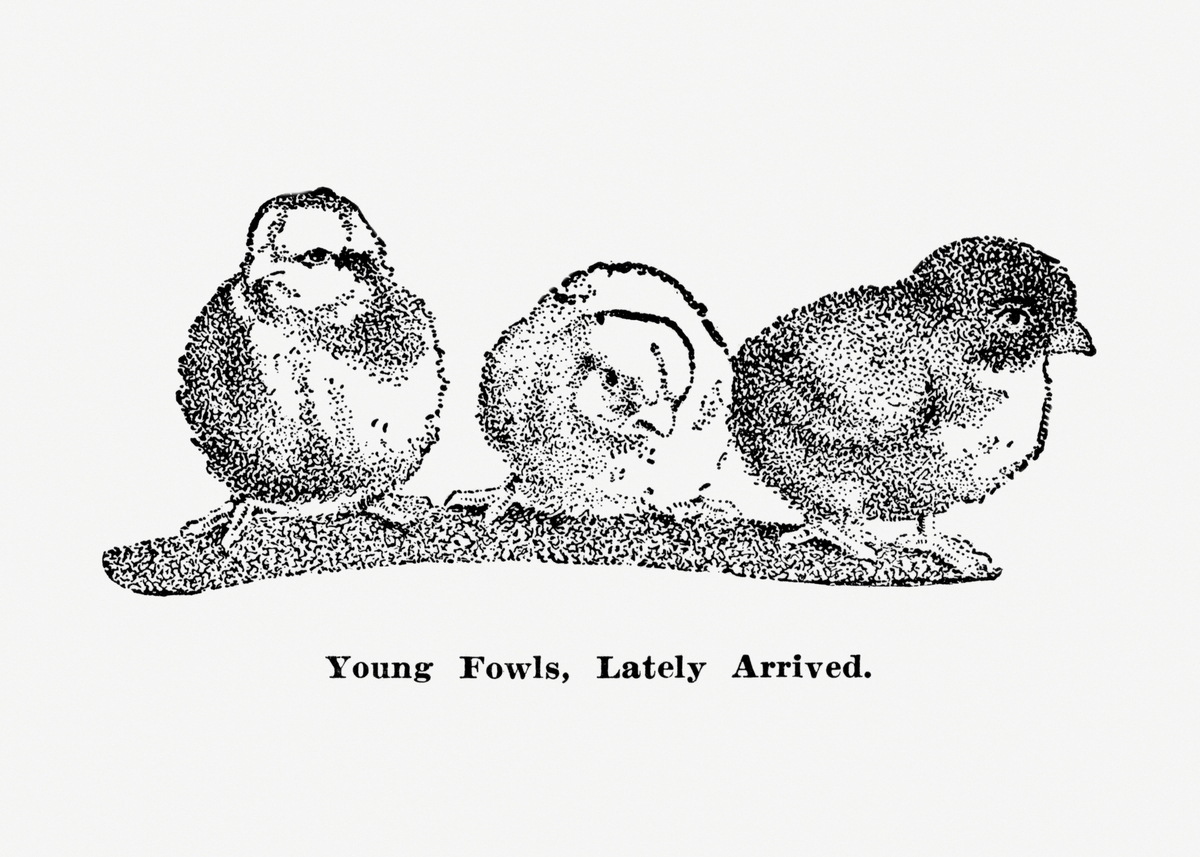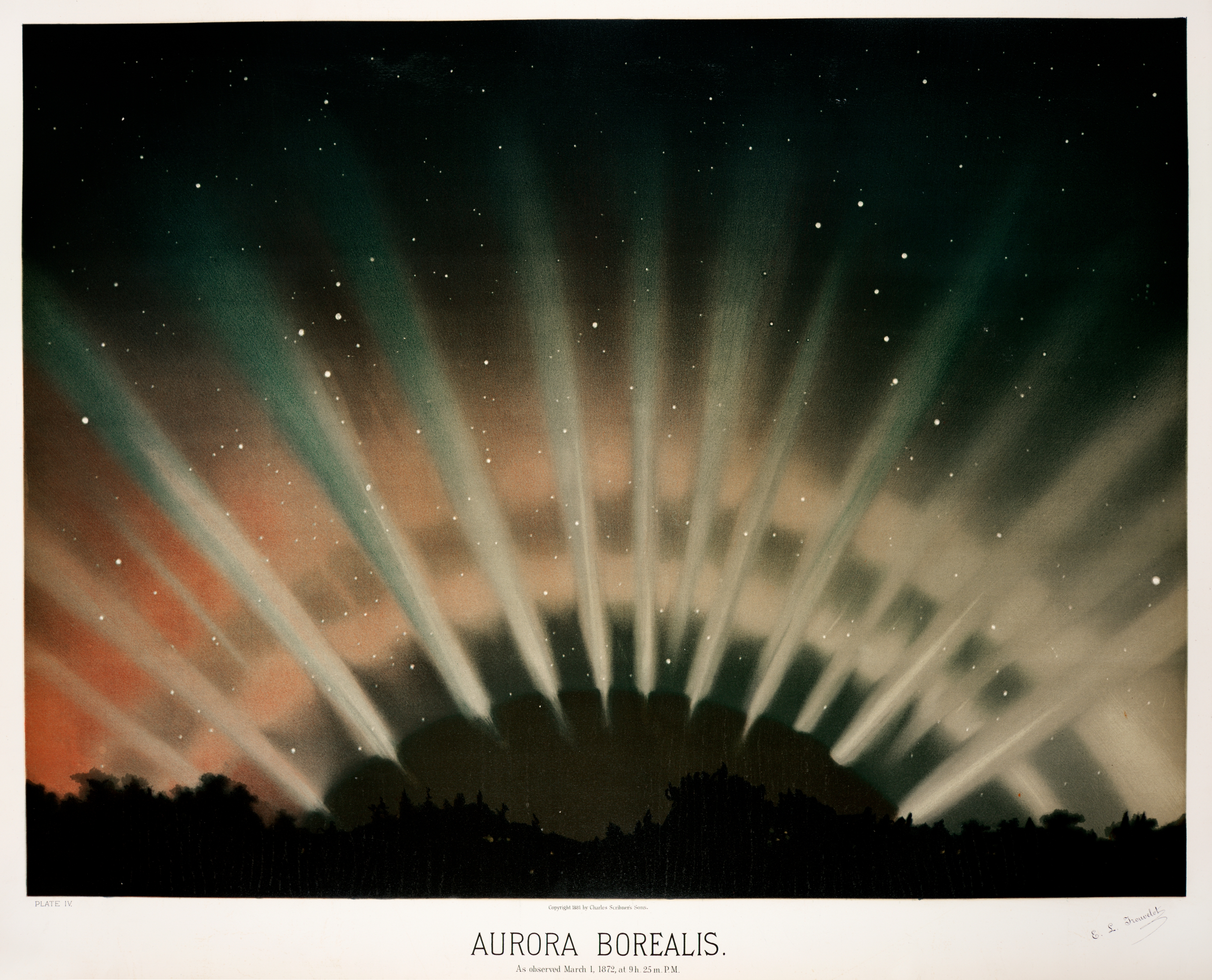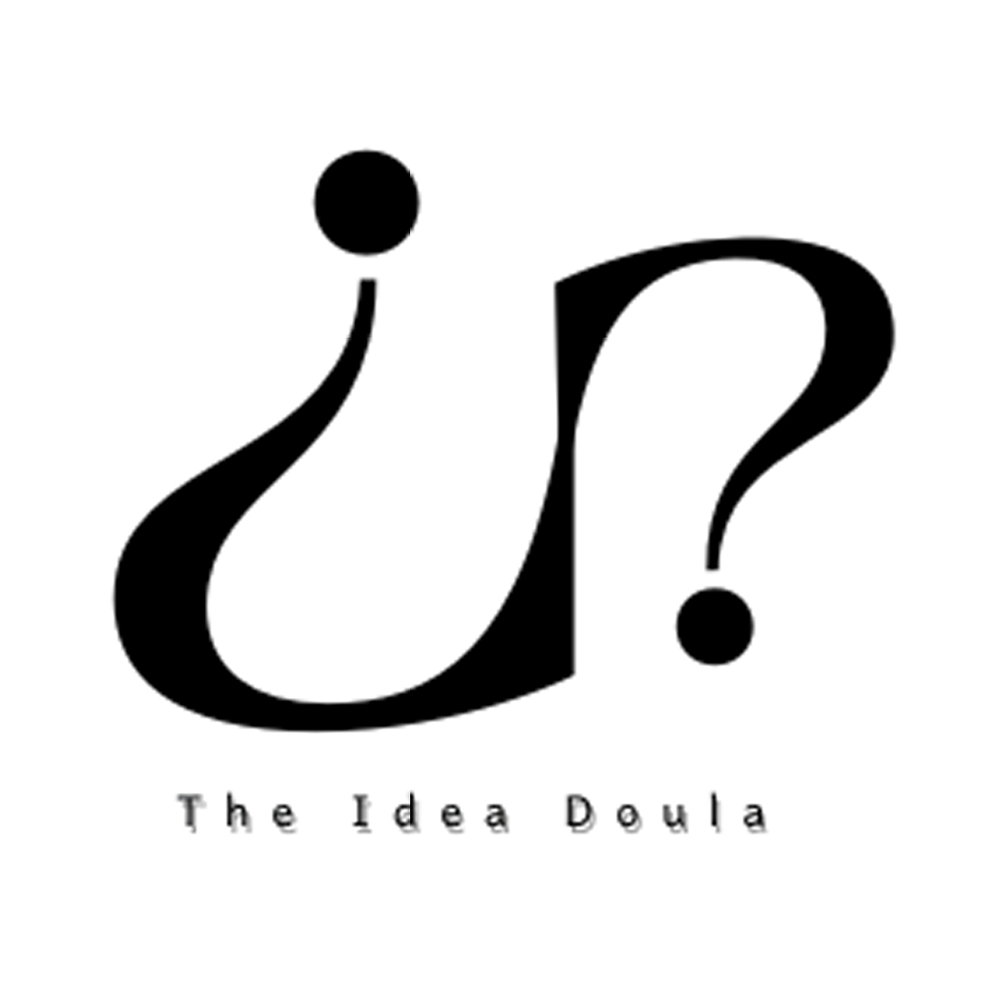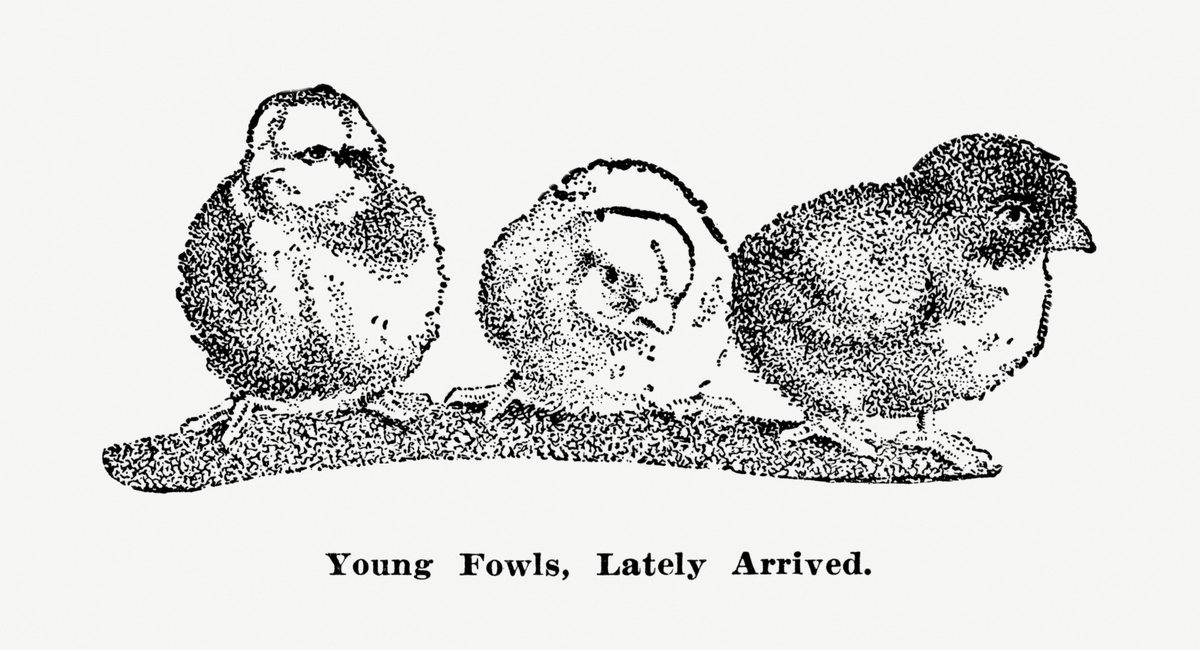A personal essay about negotiations with childhood expectations
We sat in a basement, wisps of jazz ribboning through still air. Loud, but comforting like a fur coat, I pulled apart a tangle of anxiety. “It’s just that, growing up, it felt as if the adults in my life would demand for things to be done a certain way. And I’d have to do them that way or I’d experience some form of violence. And now, it’s not like I’d want to be a coercive kind of adult, but I’m caught in a conflict with my younger self and their expectations that this would be our turn to enact violence on others.”

I’ve never said these words out loud before. I didn’t even have the hubris to express that evil glee of looking forward to dishing out corporal punishment on my future children. As someone who is daily learning the potency and necessity of life-giving practices and frameworks such as nonviolent communication, transformative justice and noncoercive parenting, it didn’t occur to me that I would eventually have to reckon with the imaginations which had been planted in the tender soil of my child-mind. There is a life to rebuild after deconstruction.
As a child, I’d think a lot about who I would be when I became an adult. Before the future became too heavy to carry with deathly ideations constant on my shoulders, I’d envision myself. I sometimes would speak about the kind of family I’d want or the work I’d like to do. But, the deepest desire of my heart was the one I spoke about the least: I wanted to be my own person. I wanted to be in charge of myself, answering to no one, but my own desires. The eagerness to be independent as a daughter in a Christian, African household is a dangerous sentiment. Willfulness is stamped out of the firstborn girl’s being like the first spark in a thirsty pile of kindling. Obedience is the desired trait of children, and the expected trait of daughters.
Searing shame was the razor wire choking my voice, silencing my longing for independence. This forbidden pining was heavily peppered with the unspoken truth that the adults around me were mishandling me, undermining my self-knowledge, and ultimately, misunderstanding me. It would be seen as ungrateful to express that I could live life better if I wasn’t under any of those people’s authority. Rebellious as it was, I could see that this authority was maintained through unfair, imbalanced power dynamics. And I wanted no part in it, though I had no means of escape for the earliest part of my life.
And now, I’m in the process of reclaiming my agency, my ability to choose. I am curious to explore what willfulness looks like when it is committed to sustainable ways of being in community with other. I’m interested in disobedience that dethrones Empire, its overt structures and the vestiges that hide in my mind. I want to see what centering my desire looks like as an act of resistance towards purity culture and respectability politics. Even if I make mistakes, even if I look like a hot mess, I owe it to that kid that I was. I owe them the wrestling in which I struggle now. In fact, I owe it to all the children in the world.

One of the most challenging aspects of being a justice-loving person [shout out Wairimu Gathimba for bringing this tag often used by Carol Ng’ang’a to my attention] is coming to terms with the deep unjust visions which fuel our actions. It reaches to every part of our lives. Its mode of operation says things like: I want to be rich because I recognize how the structures we have now dehumanize people; rather than organize with people who are oppressed in similar ways to me, I will align myself with the elite and their oppressive structures, though I will never be one of them. I want to be married or in a romantic relationship because it would be financially beneficial or because I see how eroded friendship and community have become; I imagine that I can trust these often capitalistic and heteronormative structures to shield me in the ways that making efforts with found family and friends may or may not.
So, hearing this unspoken expectation, that I would be the one calling the shots, whether it made anyone else anxious or not, left me reeling. I’m having to apologize to younger me a lot these days. The majority of our inheritance is undependable definitions to help us through life. It’s frustrating to spend your 20s cultivating a working sense of self when it feels like everyone else is already functioning from a place of confidence and stable self-worth. (Spoiler alert: most of them are not.) And then, just when you feel like something about yourself makes sense, a rough edge, a harmful one, reveals itself and it ripples through all your bones.
The expectations of my child-mind are an invisible obstacle: I come up against an impenetrable path because I’m taking the wrong path to the wrong destination. Painful as it is to come to terms with, the person I am and the ideals that inform the way I behave are incompatible with the adult I’ve long thought I was going to be. So, then, I face a path through the jungle of finding my voice again and following that sound until I relocate the center I want to live from again.
This piece would not have been possible without deep friendship, deep time, and deep love. Share your resources — support my work.

